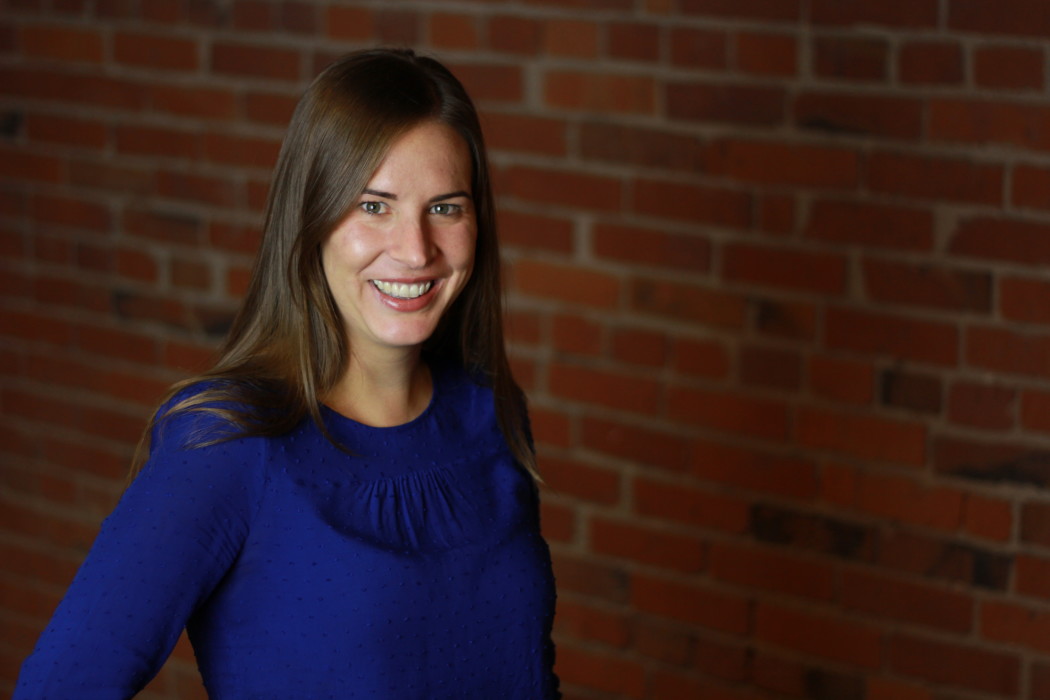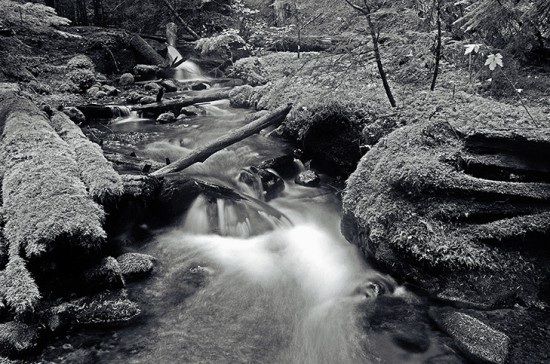Theology, Trauma, and the Space Between

“Eventually, all things merge into one, and a river runs through it. The river was cut by the world’s great flood and runs over rocks from the basement of time. On some of the rocks are timeless raindrops. Under the rocks are the words, and some of the words are theirs. I am haunted by waters.” ― Norman Maclean, A River Runs Through It and Other Stories

I too am haunted by waters. I came to The Seattle School of Theology & Psychology ( Mars Hill Graduate School at the time) in the fall of 2006 to pursue a Master of Divinity degree. I felt called to continue my exploration of theology, biblical study, philosophy, culture, and spiritual formation and I knew I needed to study somewhere that took story and personhood and relationships seriously.
What I discovered is that I needed to study with a learning community that took trauma seriously—my trauma, your trauma, cultural trauma, biblical trauma—trauma. I discovered the words under the rocks. I am haunted by waters.
Theology, at its core, is an endeavor of the imagination, the engagement of our body, mind, and spirit with language and story to understand God and God’s relationship to us, to creation. As Christians, we have traditionally constructed theological imagination through community, liturgy, biblical study, mission, and spirituality (not a conclusive list, but you get the point).
It seems these days there is a commonly held misconception that every person starts with the same basic capacity for imagination—that if we learn the right doctrine and learn to interpret scripture rightly, then we’ll all end up at the same right conclusions. But in truth, our capacity for imagination is as varied and particular as the ways we experience sin, and therefore experience grace. Our imaginations are impacted by our embodied and storied experience of the world—by our bodies, families, culture, etc.—and even more so, by the traumas we experience as a part of being human.
As trauma studies have increased throughout the past several years in multiple disciplines (psychology, neurology, biology, sociology, and theology), we have come to know that trauma disorders language, disorders bodies, disorders psyches. We have come to know that trauma disorders imaginations.
I have deep convictions that part of my role as a pastor and theologian is to help people connect to God, to help people come alive and to participate in the kingdom of God that is unfolding, to help people cultivate a biblical and theological imagination. Therefore it is my job to take seriously the ways in which imagination is disordered, to be patient where language fails, to be compassionate where bodies have been harmed and violated, to bear witness to the particularity of harm and sin, to bear witness to the beautiful and redemptive particularity of grace.
I came to this intersection of theology and trauma out of necessity, at the invitation of faculty and peers at The Seattle School, who invited me into the depths of my story, into the complexity of my disordered imagination, and into the hope of the gospel. It is because of this intersection that I—as an MDiv graduate, pastor, and theologian—am committed to the work of The Allender Center, to the patient and kind and courageous work of telling stories and bearing witness to stories that help our disordered imaginations find welcome and find sanctuary in God’s wild imagination.
Eventually, all things merge into one.
